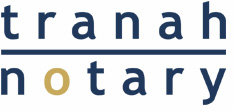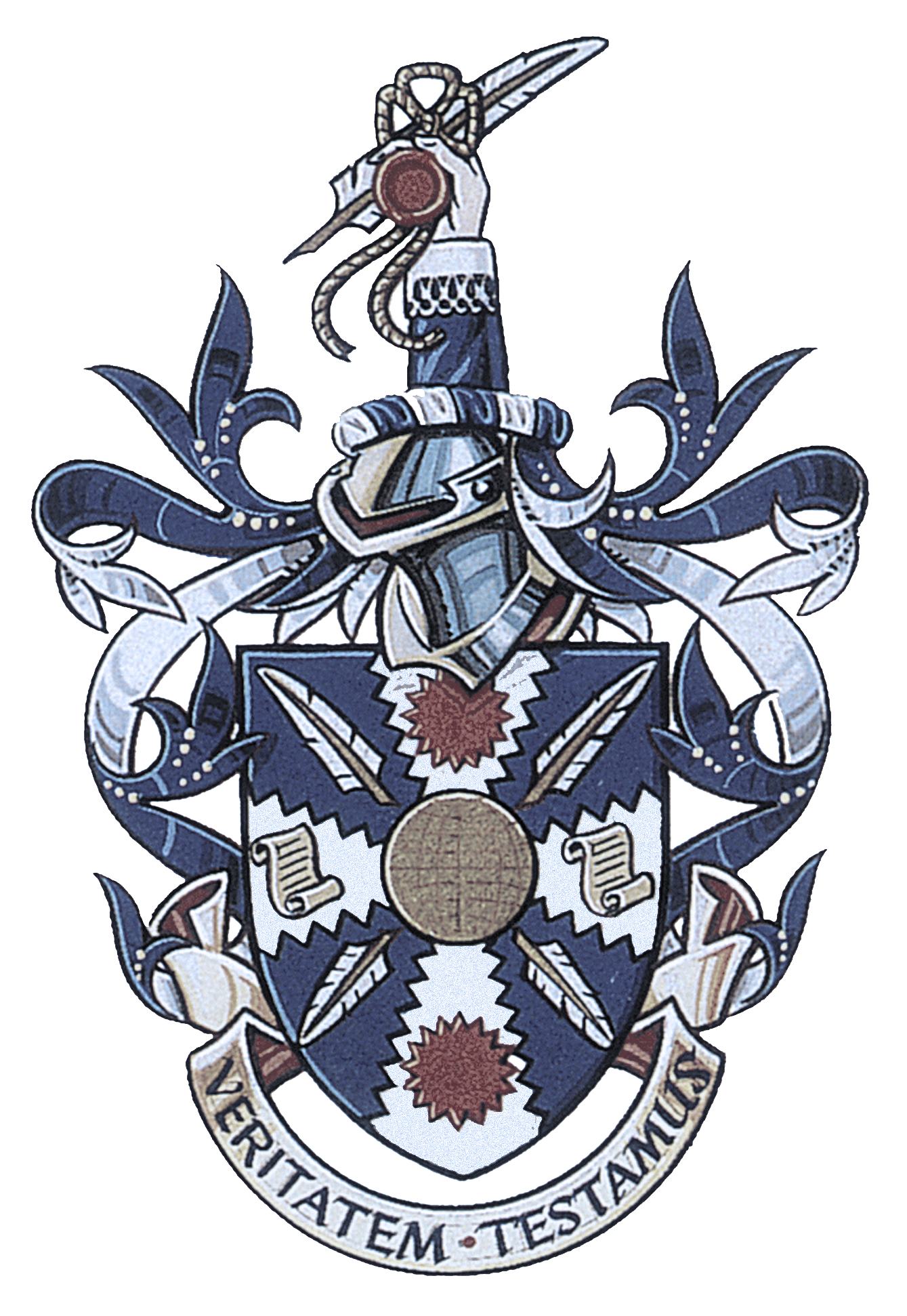What is a Notary Public?
A Notary Public (or Public Notary) is an independently qualified lawyer, regulated through the Faculty Office of the Archbishop of Canterbury
Why do I need a Notary Public?
If you need a document to be used abroad, then you need the services of a Notary Public.
Can I use my solicitor instead?
Your solicitor’s acts are generally only accepted in the UK. A notarial act is recognised in other countries.
What does “notarisation” mean?
Notarisation means that a Notary Public has verified your identity, your capacity to sign a document, your general understanding of a document and is satisfied that you are acting voluntarily. All kind of documents, events and facts can be notarised.
However, it does NOT mean that the Notary Public has advised you as to the wisdom or otherwise of signing the document. For example, if you are buying a property abroad, you will still need advice from the lawyer of that country and you may need valuation or other advice.
Which countries do Notary Publics deal with?
All countries worldwide, but essentially those outside England and Wales.
What is an “apostille”?
This is the Foreign, Commonwealth and Development Office’s stamp on the notarised document confirming the status of an individual Notary Public’s signature and official seal.
What is “legalisation”?
This is confirmation by the FCDO of an individual Notary Public’s signature and seal by the affixing of its apostille (or stamp) on a notarised document. Once legalised, a document will usually be accepted (subject to any necessary translation) by the government or other agencies and authorities of its destination country as evidence of the matters stated.
What is “double legalisation”?
Not only do some countries want the Foreign, Commonwealth and Development Office to confirm an individual Notary Public’s signature and seal by the affixing of its apostille, they also want their Consul or Embassy to confirm the status of the Foreign, Commonwealth and Development Office by affixing its seal on the notarised document. Any requirement for this depends on the country involved and the fees and timescales are therefore variable and outside any individual Notary Public’s control.
How long will it take?
Most notarial work can usually be completed within 7 days (excluding the time needed for any legalisation) – often much sooner if the matter is urgent. The FCDO’s (standard) postal legalisation services takes under a week, normally around 4 days, and its (premium) same day legalisation service can save at least a day.
How much will it cost me?
A fixed fees’ quote will be given for straightforward business and individual services (such as the notarisation of identification details).
A fees’ estimate will be given for more complex or time-consuming matters. This will reflect the professional time to be spent reviewing, drafting and amending documents, the urgency of the work (including obtaining any necessary translations), liaising with your overseas lawyer (if necessary), meeting you, any additional travelling time and legalisation (if required).
Both fees’ quotes and fees’ estimates will be based on our hourly charge of £190 plus VAT for non-commercial matters and £225 plus VAT for commercial matters subject to a minimum fee of £100 plus VAT. Disbursements, being third party expenses (such as the cost of translations, legalisation, postage and courier charges) as charged to us are payable on top of fees.
Fees and disbursements are always discussed and agreed before starting work. Payment by bank transfer, cheque, cash or card is accepted.
What is the usual procedure?
You will be asked to email over the documents and instructions that you have received from the country of destination.
On receipt, these will be reviewed to establish what notarial work is required, fees and third party expenses are discussed and agreed with you and arrangements made to meet. Before the meeting, the documents are finalised (if necessary liaising with your local lawyer or representative) and at the meeting your ID will be checked, documents signed and witnessed.
It may be that all is concluded at that meeting; or it may be that notarised documents need to be sent to the FCDO for legalisation and you want help in this respect. A copy of all ID and documents will be retained in the practice’s notarial protocol (record) in accordance with Notaries Practice rules.

